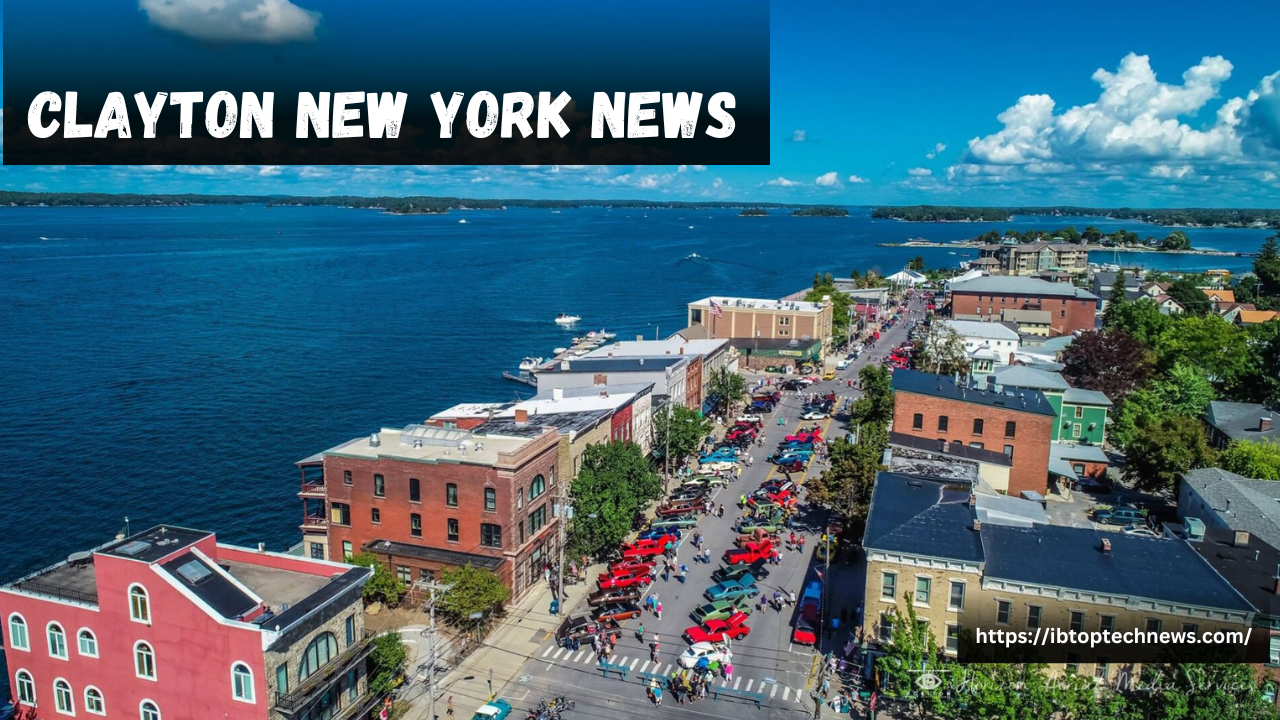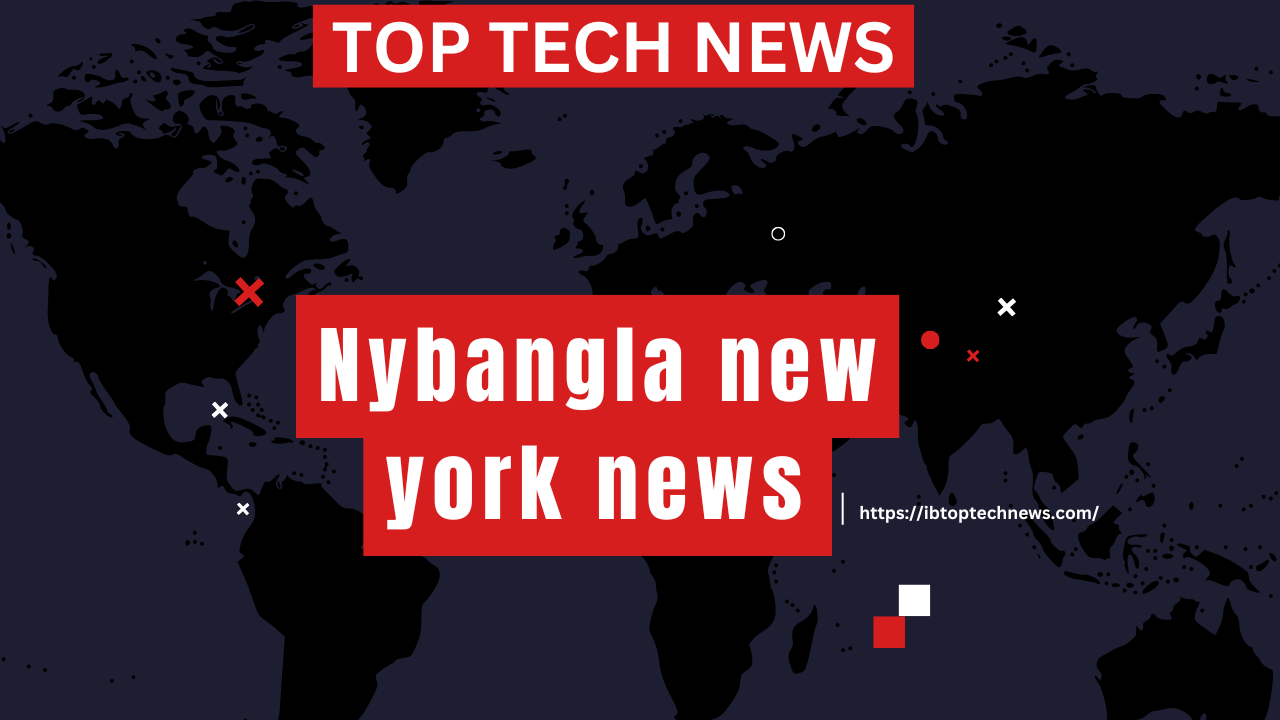Introduction
news power outage in Paris, france On a cold night in late October 2023, a major power outage that affected multiple Parisian districts left the City of Lights in complete darkness. Thousands of locals and visitors had their lives upended by this occurrence, which brought to light the city’s infrastructure weaknesses and caused a number of problems. The reasons, effects, and reactions to the power outage are examine in this article, along with the wider ramifications for Paris’s energy future.
The Incident
The power loss began at approximately 7:00 PM local time and affected the 7th, 14th, and 15th arrondissements. Nearly 100,000 residents reportedly lost electricity, forcing many companies to close early. Travelers were confuse and delayed as a result of disruptions to the Paris metro system, which is an essential lifeline for commuters. The abrupt outage of electricity generates a sense of unpredictability as the city starts to get use to its nighttime routine.
Causes of the Outage
A number of causes, including extreme weather and deteriorating infrastructure, were blame for the outage. An unexpected storm that brought strong winds and a lot of rain overloaded the electrical grid. Furthermore, a large number of Paris’s power lines and substations are decades old, which raises questions about their resilience to severe weather conditions.
According to EDF (Électricité de France), the state-owned energy company, continuous maintenance problems made the outage worse. Concerns over the city’s power infrastructure’s aging equipment have long existed, and this occurrence has spurred discussions about the necessity of energy sector investment and modernization.
Immediate Impact
The power interruption had a significant immediate impact. In the impact areas, residents were left without heating, cooking, or lights. In order to maintain patient safety, hospitals had to rely on backup generators while emergency services were overloading with calls. Additionally, the power outage disrupted emergency communication networks and complicated response efforts.
Companies suffered large losses, especially those in the retail and hotel industries. Shops were force to close, leaving workers without a job for the night, while restaurants that depend on nighttime customers saw their dining rooms vacant. Visitors were left frantically searching for information and other arrangements, which severely impact the tourism industry, which was already reeling from earlier interruptions.
Public Response and Government Action
EDF and city authorities summoned an emergency session to discuss the issue after the disruption. Anne Hidalgo, the mayor of Paris, called the outage “unacceptable,” highlighting the urgency of taking immediate steps to strengthen the city’s energy resilience. She demands that the electrical infrastructure be thoroughly examined and that quick improvements be made in order to stop similar incidents in the future.
Local governments set up information centers so that residents may report problems and receive updates. Many residents used social media to share their stories and ask for assistance, making it an essential medium for communication. On Twitter, the hashtag #ParisPowerOutage became popular as users vented their annoyance and offered advice on how to survive without power.
Broader Implications for Paris’s Energy Sector
Paris’s energy policy is being discuss again as a result of the power outage. The incident sparked questions about the dependability of the city’s present energy sources, as it aims to achieve carbon neutrality by 2050. Critics contend that requests for a switch to renewable energy sources and aggressive climate objectives are irreconcilable with the dependence on outdated infrastructure.
France has been making significant investments in nuclear power, which provides a significant amount of the nation’s electricity. However, recent outages at some nuclear reactors due to maintenance and safety concerns have highlighted the need for energy source diversity. Increased investment in solar, wind, and other sustainable technologies, according to proponents of renewable energy, could provide Paris a more resilient and ecologically benign energy future.
Lessons Learned
Several lessons are reveal as Paris struggles with the effects of this power outage. First, it is impossible to exaggerate the significance of updating infrastructure. In order to survive the growing frequency of extreme weather events associat with climate change, outdated equipment and systems need to be replaced. In addition to updating electricity lines and substations, this modernization should incorporate smart grid technology, which can improve dependability and efficiency.
news power outage in Paris, France Second, the event highlights the necessity of having a thorough emergency response plan. Although the city’s response was praiseworthy. The ensuing confusion emphasizes how important it is for local government, energy providers, and emergency services. To coordinate and communicate more effectively during emergencies.
Lastly, the disruption reminds us of how intertwined urban systems are. Power outages can have a detrimental effect on transportation, healthcare, and public safety. A comprehensive approach to urban planning and energy management will be crucial. As cities continue to expand and encounter new difficulties.
Conclusion
news power outage in Paris, france Paris’s recent power outage has brought attention to the city’s energy infrastructure’s weaknesses and the pressing need for improvements. The catastrophe serves as a crucial wake-up call for power providers and governments alike, even as locals recover from the disruption. Paris can strive toward a more robust and sustainable energy future by making investments in cutting-edge infrastructure, broadening its energy sources, and improving its emergency response skills.
As the city develops, the lessons learnt from this catastrophe will be essential to creating a Paris. That is a model of contemporary urban resilience in the face of climate concerns. As well as a beacon of culture and heritage.














Leave a Reply